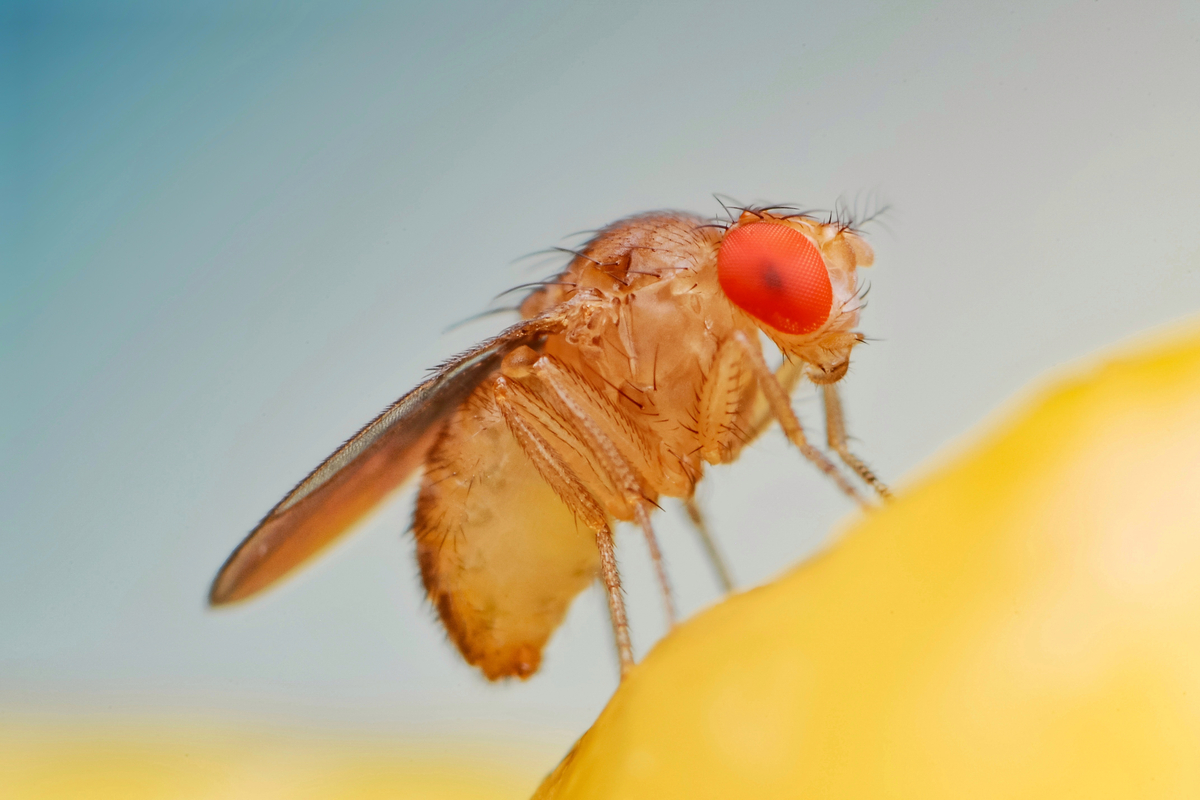For the first time in recorded history, researchers have employed gene editing to stimulate virgin births in fruit flies, a remarkable breakthrough in unravelling the mysteries of a fascinating event called parthenogenesis.
The fruit flies involved in the study do not naturally experience virgin births, revealed Alexis Sperling, a developmental biologist at the University of Cambridge and co-author of the study.
Yet, Sperling and her colleagues utilized gene mutations to generate successive generations of female fruit flies that could reproduce independently, without any male interaction. This discovery was revealed in a study published on July 28 in Current Biology.
Virgin births are naturally observed in numerous animal species and induced in others, like mice, through cell manipulation. However, this study represents the first instance where scientists have isolated specific genes to perpetuate parthenogenesis as a lasting, inheritable trait in an organism not otherwise capable of such reproduction.
Despite seeming like a page out of a sci-fi novel, it’s important to note that this does not foreshadow virgin births in humans. Sperling pointed out that there are “several factors preventing (parthenogenesis) in mammals… We require genetic diversity.”
Nevertheless, the study marks a significant step in enhancing our understanding of reproduction across various species. The knowledge gained could prove incredibly beneficial in numerous research areas.
Sperling reflected, “We must comprehend the fundamental aspects of our world. Often, the future applications of our findings are not immediately apparent.” She used the example of in vitro fertilization (IVF), a procedure the science world began to understand before fully comprehending its potential implications.
To study parthenogenesis, which naturally occurs in a wide variety of animals, including snakes, birds, and crocodiles, Sperling and her team started by sequencing the genomes of two types of fruit fly: Drosophila mercatorum, which reproduces both sexually and through parthenogenesis, and Drosophila melanogaster, which is known only for sexual reproduction.
This allowed them to identify specific genes that potentially enable parthenogenesis. They subsequently modified the Drosophila melanogaster genome, inducing parthenogenesis in approximately 11% of female flies in the experiment. Some of these flies’ offspring also demonstrated the ability for parthenogenesis.
Fruit flies were chosen for the study due to their status as “model organisms,” their short lifespan allows for quick observation of changes across generations. Moreover, the plethora of research tools and resources make fruit flies an ideal candidate for such research.
However, inducing parthenogenesis in fruit flies does not necessarily imply it can be easily replicated in other species. “There are various aspects of parthenogenesis that could involve genes we did not examine,” Sperling noted. Nevertheless, the study provides a blueprint for how this might be achieved.
The research could also help address problems with crop pests that reproduce via parthenogenesis when males are unavailable. These pests can increase rapidly and become overly abundant.
The study has sparked the interest of Dr. Warren Booth, a Virginia Polytechnic Institute and State University researcher who recently published a survey of the first, virgin birth recorded in crocodiles. Although Booth was not involved in Sperling’s study, he commented, “Much of what we do should advance our basic understanding of biology.”
He commended the study, highlighting that it affirms his research on parthenogenesis, which he has long suspected to be a genetic, inheritable trait. Looking to the future, he added, “Technology is changing dramatically… It wouldn’t surprise me if there could soon be a similar revolution with gene editing.”
The groundbreaking study on inducing parthenogenesis in fruit flies symbolizes a significant leap in comprehending the intricate mechanisms of reproduction across the animal kingdom. While the immediate practical applications may not be readily apparent, the insight provided into parthenogenesis could potentially lead to better pest control methods and other unforeseen benefits in the future. As technology evolves, who knows what revolutions gene editing might bring in the coming years?







